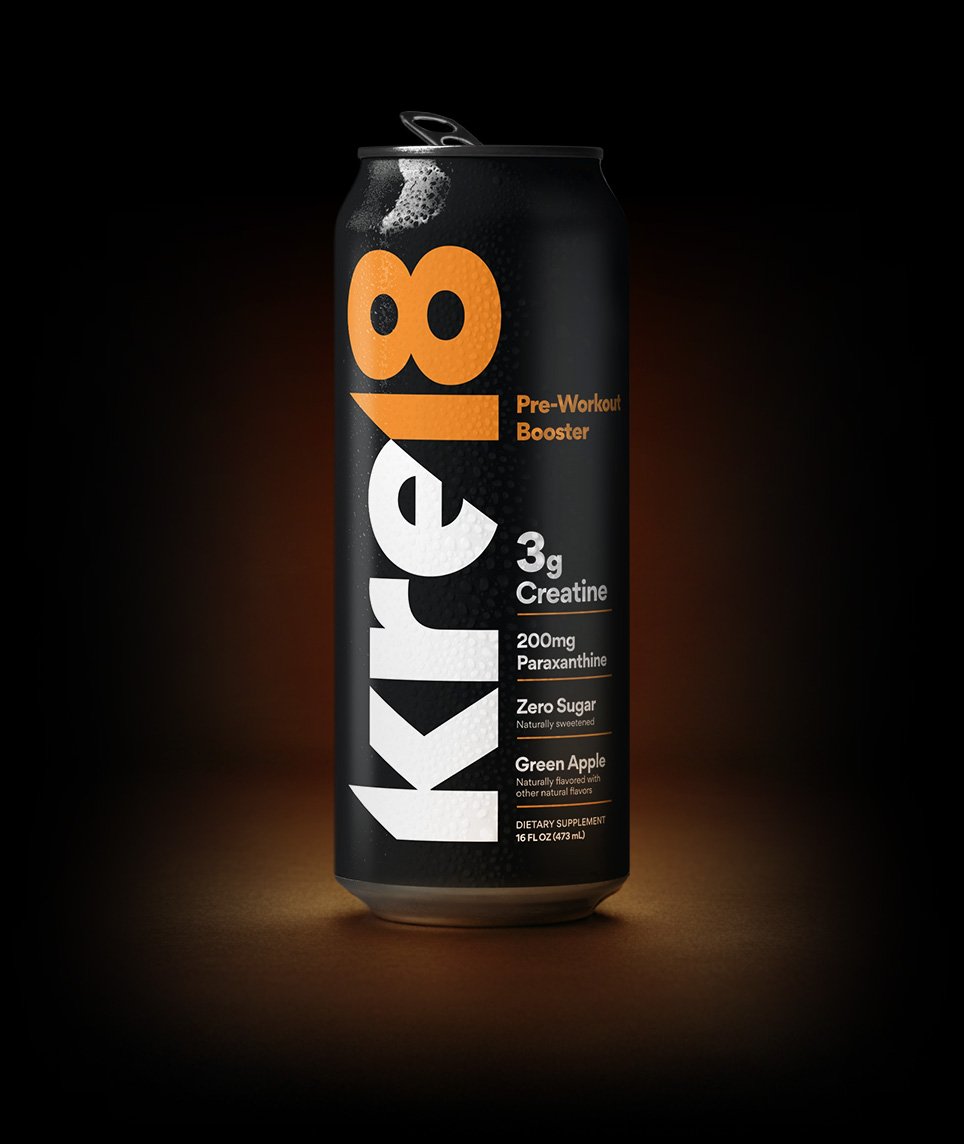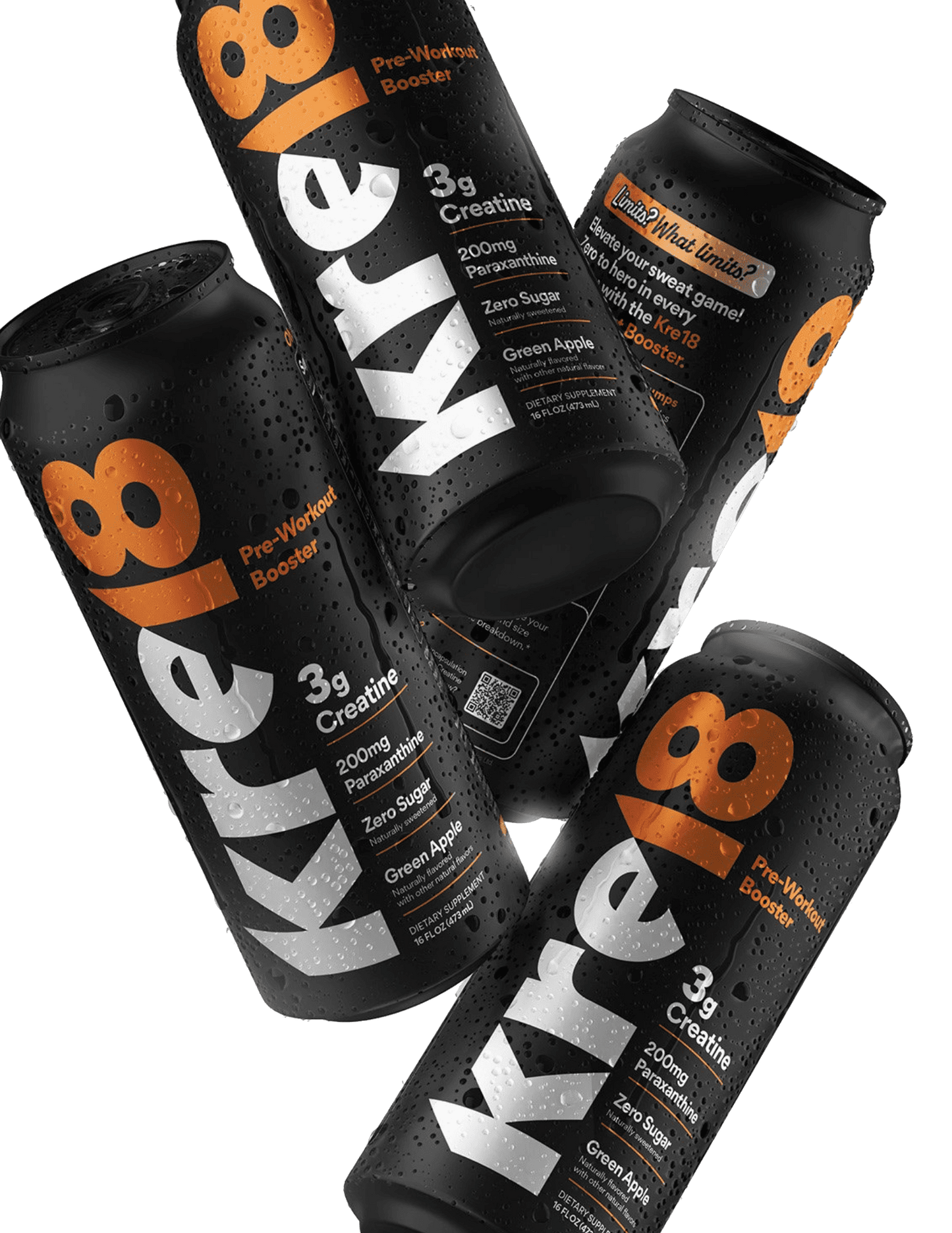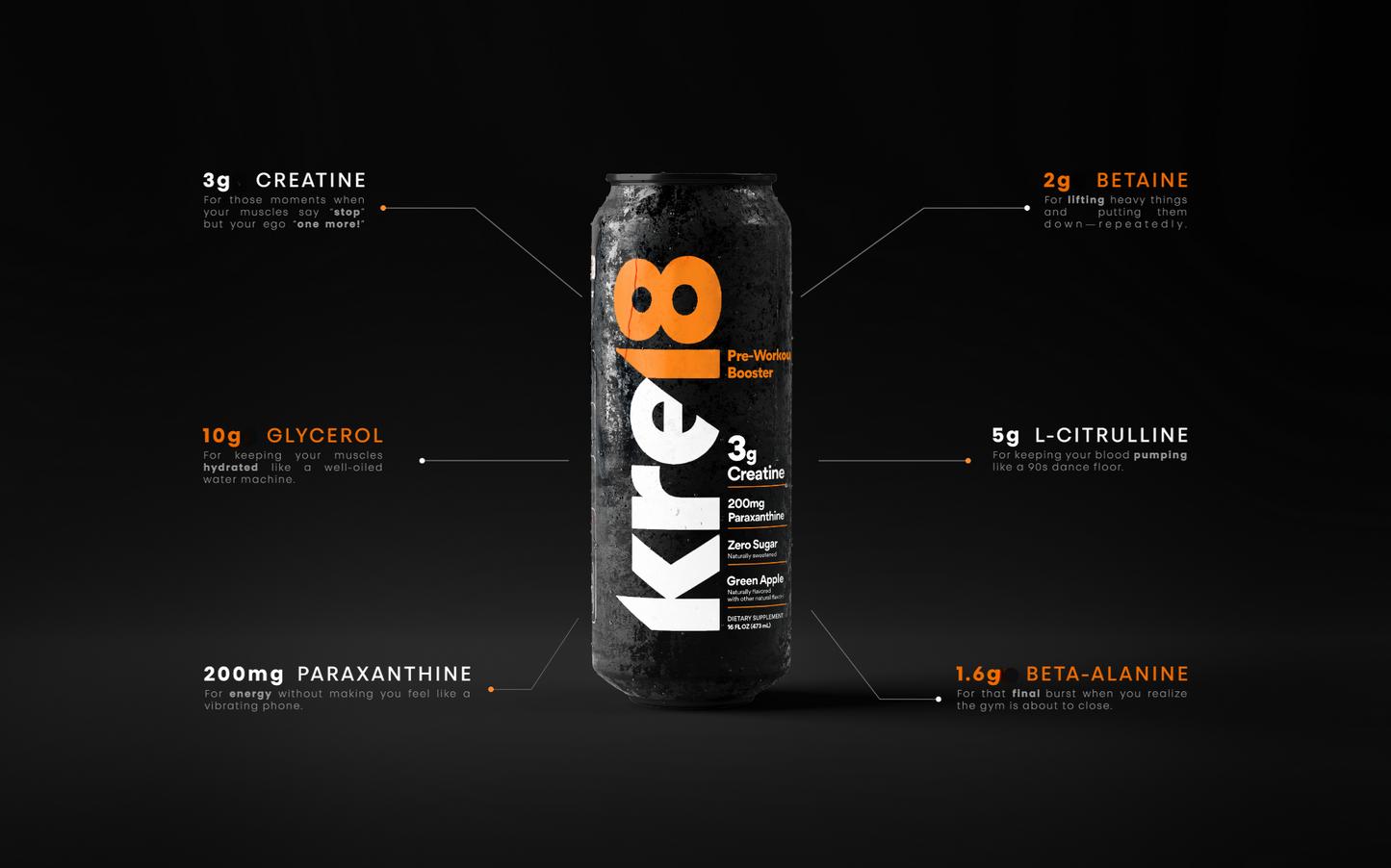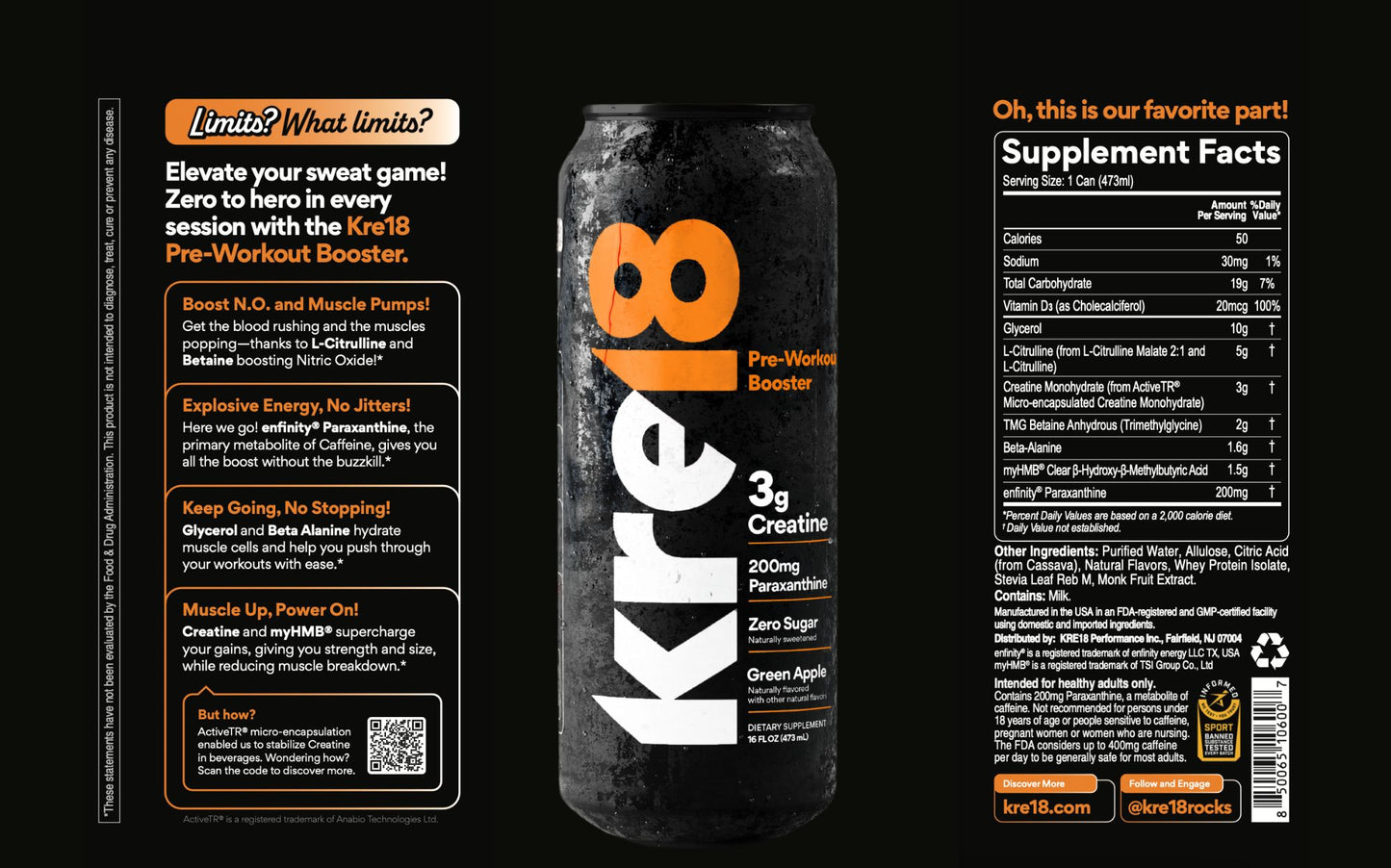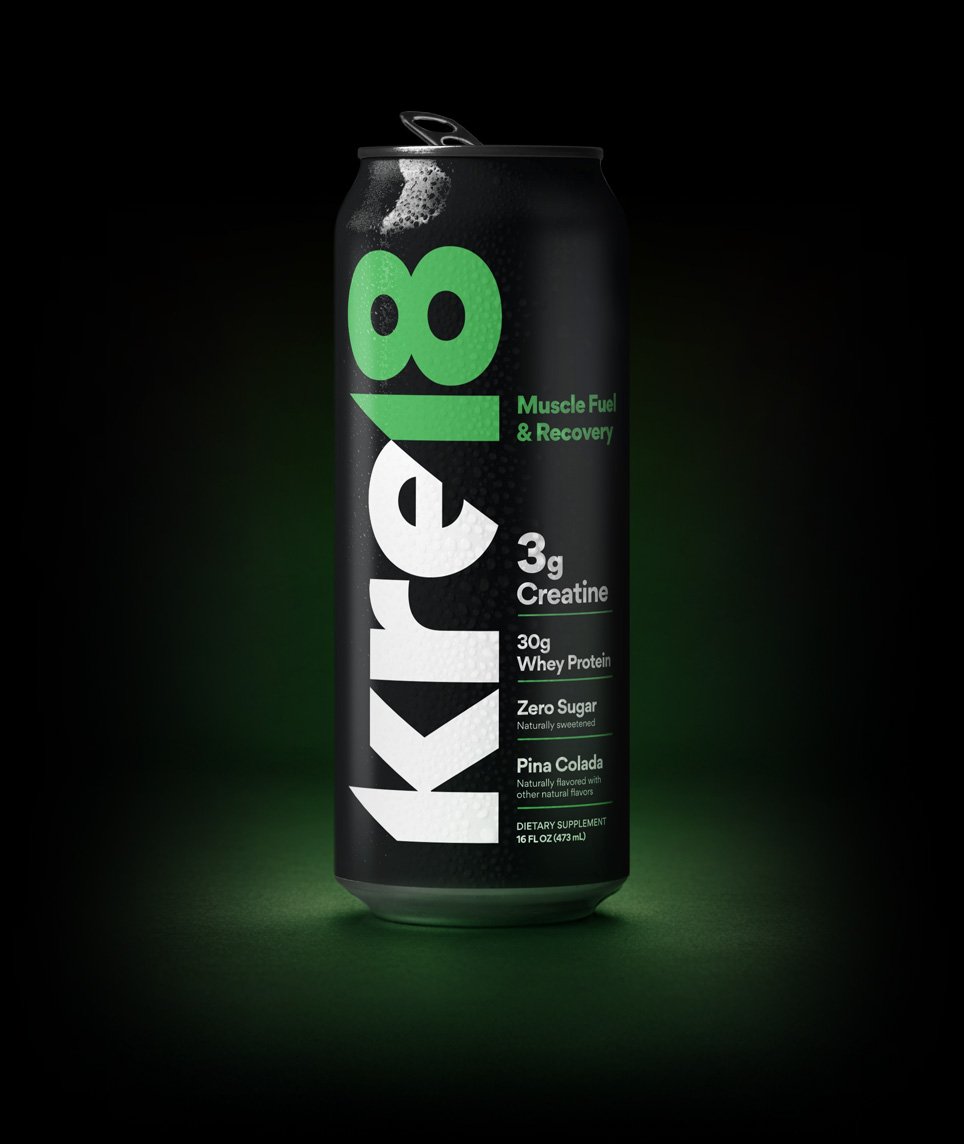Muscular, Functional, and Athletic Performance
In sports and active nutrition, TMG betaine anhydrous supplementation is widely recognized for enhancing muscle strength, power, and endurance. Research suggests that betaine supports muscle protein synthesis, improves hydration status, and may exhibit ergogenic effects for individuals performing high-intensity exercise.
Homocysteine Reduction
Betaine anhydrous is FDA-approved for managing homocystinuria—a genetic disorder marked by elevated homocysteine. Clinical studies demonstrate that betaine effectively lowers plasma homocysteine concentrations, thus improving metabolic outcomes in affected individuals.
Cardiovascular Support
By reducing homocysteine levels, betaine indirectly promotes cardiovascular health. Elevated homocysteine is a risk factor for atherosclerosis (buildup of plaque in artery walls), so keeping it in check helps maintain better heart health.
Liver and Digestive Health
Betaine has shown hepatoprotective effects by reducing liver fat accumulation, inflammation, and lipid peroxidation, making it a promising therapeutic agent for non-alcoholic fatty liver disease (NAFLD) and alcohol-induced liver damage. Although betaine hydrochloride (a related form) is more commonly used to support digestion (by increasing stomach acid production), both forms contribute to overall digestive well-being.
Dosage Guidelines
- For General Health or Athletic Performance: 1.5–6 grams per day is commonly recommended and validated by research.
- For Homocystinuria: A standard adult dose is 6 grams daily, divided into two 3-gram servings.
Safety and Possible Side Effects
Betaine anhydrous is generally well-tolerated at recommended doses. Gastrointestinal discomfort is the most commonly reported side effect.
Proven and Science-Backed Results
Additional hypotheses suggest betaine may support cardiovascular function and enhance thermal homeostasis during exercise in the heat (Armstrong et al., 2008) or increase skeletal muscle creatine concentration (Craig, 2004), thus improving exercise performance.
- Hoffman et al. (2009): In a 15-day study on 24 active college-aged men, participants ingested either betaine (1.25 g in a sports drink, twice daily) or a placebo. Testing at 0, 7, and 14 days included vertical jump power, bench press throw power, maximal repetitions at 75% 1RM on back squats and bench press, and two 30-second Wingate tests. Betaine supplementation significantly increased the number of back squat repetitions (at 75% 1RM) and the number of repetitions performed at ≥90% of peak power at both 7 and 14 days.
- Maresh et al. (2008): A 14-day betaine protocol in recreationally trained men resulted in significant improvements in bench press throw power, isometric bench press force, vertical jump power, and isometric squat force.
- Additional hypotheses suggest betaine may support cardiovascular function and enhance thermal homeostasis during exercise in the heat (Armstrong et al., 2008) or increase skeletal muscle creatine concentration (Craig, 2004), thus improving exercise performance.
These findings collectively underscore TMG betaine anhydrous as a versatile, research-backed supplement for enhancing athletic performance, supporting metabolic and cardiovascular health, and promoting liver function in various populations.




